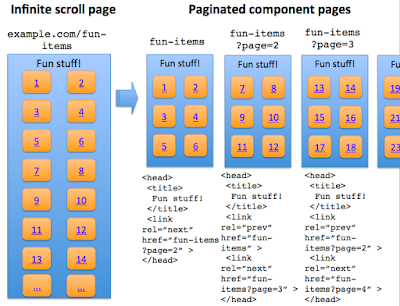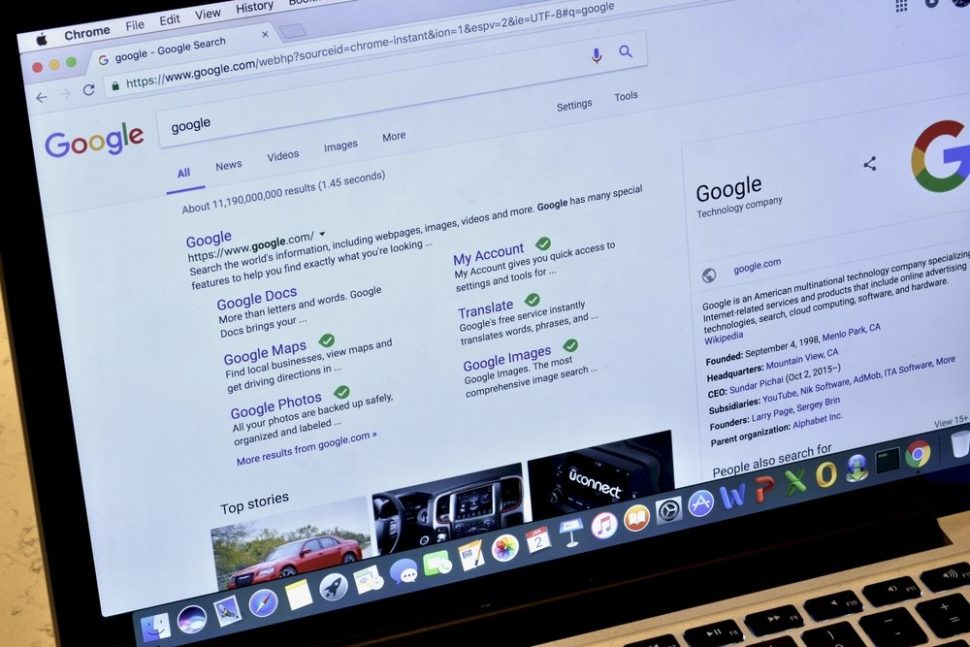SEO goes beyond keyword research and creating optimized content. There’s also the technical aspect. Getting this right can really boost your search rankings. We’ll help you get started.
Search engines are now more than ever more focused on providing users with an overall great experience.
The algorithms that control search engines consider everything from UX design to mobile device optimization to site speed.
Ignoring these will weaken your rankings.
So, how do you pay closer attention to the technical aspects of your website?
Here are 18 Tips to set you on the Right SEO Path:
1. Place robots.txt in Your Website’s Main Directory and pay Attention to Case-sensitivity
Google crawlers specifically look for (robots.txt) in lower-case letters in the main directory of your website. Place it anywhere else or name it in any other way apart from stated above and it won’t be found.
2. Avoid Infinite Scroll Pages on Your Website
Crawlers are sometimes unable to access pages with infinite scroll. Consequently, they may not rank. Make infinite scroll pages search-friendly by including paginated component pages.

3. Pay Attention to Page Speed–it Matters
How fast your website loads has long been a ranking factor for Google. Google has actually developed tools to check your web page speed and mobile page speed. Use them to analyze your site and implement the recommendations.
Keep your page load time under 3 secs: John Mueller, Google Webmaster Trends Analyst recommends you keep your HTTP load speed less than 2 – 3 seconds.
4. How you Structure Your Sitemap is of Little Importance
Google doesn’t pay attention to how your sitemap is structured. As long as it’s XML, Google will crawl your site regardless of structure.
18 Technical SEO Tips for N00bsClick To Tweet5. Things to Know About Sitemaps:
- Keep them under 50,000 URLs and a size no larger than 50MB.
- Your website can have multiple sitemaps. Example, you can create a sitemap for each media type(videos, pictures, news) you have on your website.
- XML sitemaps must be encoded in UTF-8.
<?xml version="1.0" encoding="UTF-8"?> <urlset xmlns="http://www.sitemaps.org/schemas/sitemap/0.9"> <url> <loc>http://www.example.com/foo.html</loc> </url> </urlset>
6. Google Crawls Homepages First
According to John Mueller, Googlebot usually starts crawling websites from the homepage.
7. Internal and External Links are Weighted Differently by Google
Backlinks from third-party websites and internal links on your own site are scored differently by Google.
8. You can Check how Google Crawls the Mobile Version of Your Website
Google is gearing towards Mobile-first Indexing. For this reason, it’s important to pay extra attention to your site performance on mobile devices. You can use Google’s mobile usability report to check for pages with usability problems on mobile.
9. You can Prevent Translation in Search
You can use the ‘notranslate’ meta tag to prevent Google search from translating your text into other languages.
10. Add HTTPS to Your Website to Improve Rankings
Google wants to make sure sites it directs visitors are safe to use so they’ve added HTTPS as a ranking signal.
11. Google Sometimes Disobeys robots.txt Directives
Google may still index disallowed pages in your robots.txt file. The reason is simple. They may be linked to other pages that have allowed indexing and as a result, all URLs on those pages will be indexed even though some might have been disallowed on their own websites.
12. Disallow Pages That Provide no Valuable Information to Searchers
Most people aren’t searching for expired promotion, out of stock items or the terms and conditions on your website. It’s therefore not important to allow these pages for indexing in your robots.txt files.
13. Google Search Console can Show you the Crawl Budget for Your Website
Google defines crawl budget as “the number of URLs Googlebot can and wants to crawl.” You can see this number at any given time in your Google search console.
14. You can use Canonical URLs to Consolidate Ranking
If you have multiple URLs but basically the same website or brand, canonical URLs will allow you to consolidate the value of all the multiple domains into your preferred URL.
15. Keep Redirects in Place for at Least a Year
If you move your site, John Mueller recommends keeping 301 redirects active for at least one year after you set them up.
16. You Have Control Over Your Custom Search box on Google
Google has started displaying a custom search box they call “Sitelinks Searchbox” for certain brands and publishers directly in search results.
If you don’t want this to appear for your site, you can simply add the “nositelinkssearchbox” meta tag. Otherwise, you can follow the instructions in this article to set it up.

17. You can Index Your Mobile app With Firebase app Indexing
Indexing your app with Firebase app indexing will allow content from your app to be included in search results when users who’ve installed your app search with related keywords.
18. The noarchive tag Doesn’t Affect Your Rankings
This tag only prevents Google from showing a cached version of your website in search results. It has nothing to do with your rankings.



















Nice Article..Every SEO expert should know about the technical SEO..Suppose those who want to enhance skill with search engine optimization(SEO) then visit-https://goo.gl/uVitKa